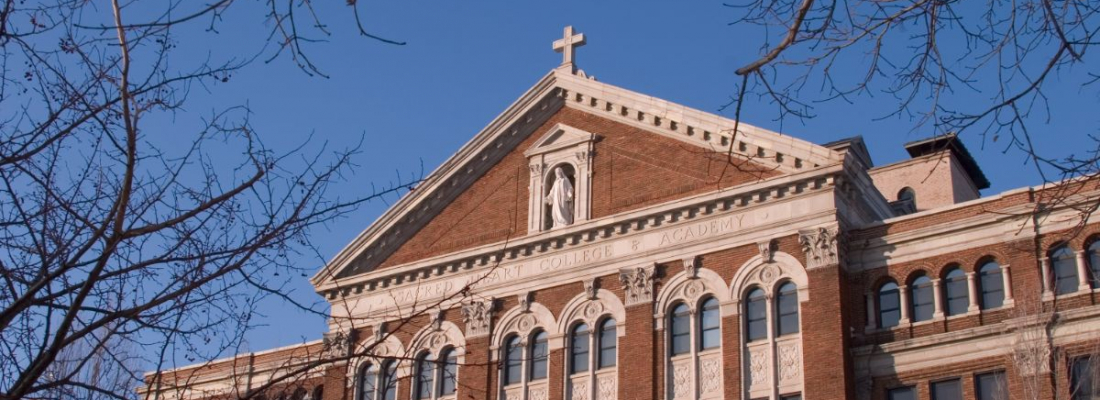Recently, the Massachusetts Supreme Judicial Court (SJC) ruled that the “ministerial exception” to anti-discrimination laws does not protect a Christian college from a professor’s lawsuit alleging that she was denied a promotion because she spoke out against the college’s policies opposing gay rights.
The case — DeWeese-Boyd v. Gordon College — was filed against Gordon College in Wenham, Massachusetts, by Margaret DeWeese-Boyd, a social work professor at the college. She claimed that the small evangelical college retaliated against her by denying her a promotion because she opposed the school’s position on human sexuality and advocated for LBGTQ rights.
Gordon College claimed that recent U.S. Supreme Court rulings barred the court from hearing the case, arguing that the ministerial exception should apply to DeWeese-Boyd because the college expected her to integrate Christian faith into her teachings. In addition, Gordon claimed that all its employees are “ministerial employees” and therefore are not protected by anti-discrimination laws.
In its ruling, the court characterized the case as “a potential conflict between two fundamental American legal principles. The application of the ministerial exception could eclipse, and thereby eliminate, civil law protection against discrimination within a religious institution; in contrast, the decision not to apply the exception could allow civil authorities to interfere with who is chosen to propagate religious doctrine,” which would violate the First Amendment.
Ultimately, the SJC found that, in this case, the ministerial exception was being applied too broadly. “We conclude that a faculty member with DeWeese-Boyd’s responsibilities at Gordon is significantly different from the ordained ministers or teachers of religion at primary or secondary schools in the cases that have come before the Supreme Court,” Associate Justice Scott L. Kafker wrote for the unanimous court.
Unlike the employees in the June 2020 Supreme Court ruling in Our Lady of Guadalupe School v. Morrissey-Berru (see our previous article on that decision here), the SJC found that DeWeese-Boyd was, first and foremost, a social work professor.
“DeWeese-Boyd was not ordained or commissioned; she was not held out as a minister and did not view herself as a minister; and she was not required to undergo formal religious training, pray with her students, participate in or lead religious services, take her students to chapel services, or teach a religious curriculum…DeWeese-Boyd was not required to, and did not, teach classes on religion, pray with her students, or attend chapel with her students, like the plaintiffs in Our Lady of Guadalupe.”
The SJC’s ruling confirmed an earlier Essex Superior Court decision that dismissed on summary judgment the affirmative defense of the ministerial exception, and remanded the case for further proceedings.
The Church Law Center of California assists churches with organization, governance, and risk management. We can help your church craft policies so it is in a better position to address problems as they arise. To find out how we can help your church, call us today at (949) 892-1221 or reach out to us through our contact page.






